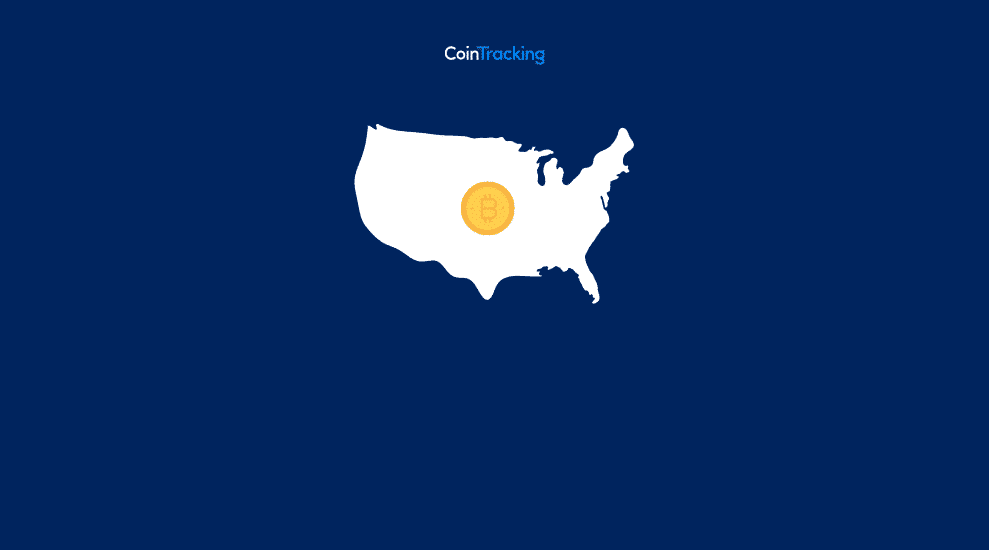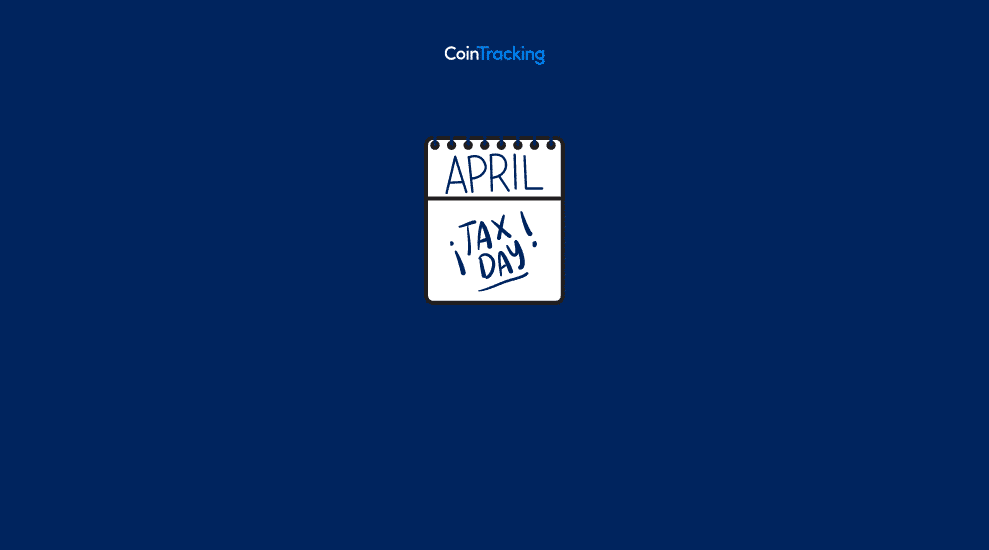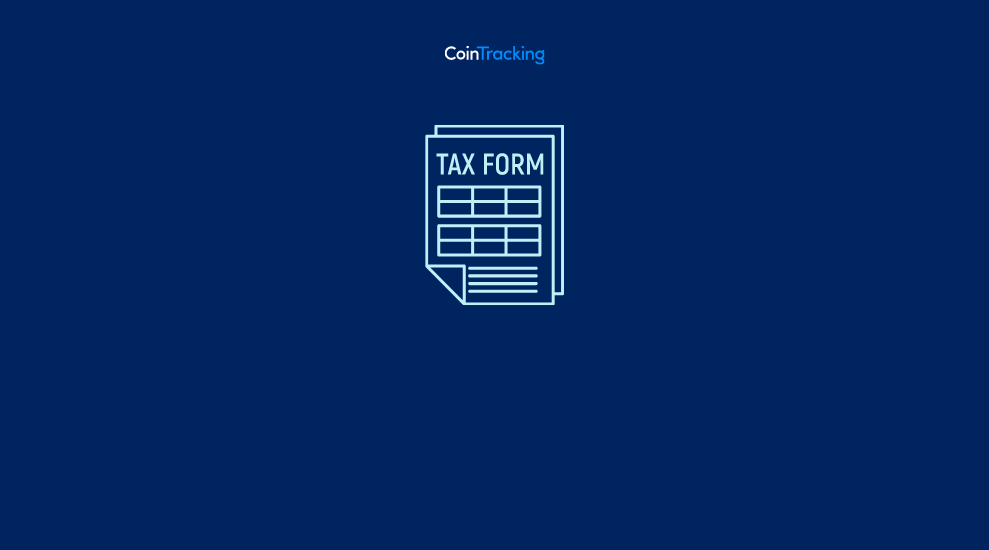Crypto trading taxes in the US – Easy best Guide [2024]
11 Jan, 2024 · 30 min read
Crypto trading taxes in the US can range from 0% to 37% depending on your overall tax rate and holding period for each crypto you sold, from long-term to short-term.
If you trade cryptocurrencies in the US, you’d need to determine your capital gains/losses and include them in the correct tax forms. But, there’s more!
Are crypto to crypto trades also taxable? What if you trade between cryptocurrencies and NFTs?
In this guide, we’ll cover crypto trading taxes in the US, how to report crypto taxes, and much more!
Do you pay taxes on Bitcoin and crypto trading in the US?
Yes, trading Bitcoin or any other cryptocurrency is a taxable event in the US, subject to capital gains taxes.
If you buy and sell Bitcoin, you’d need to determine your capital gain/loss on the trade and pay capital gains taxes over it (if you had a profit).
You need to separate your gains by the holding period between short-term and long-term. We’ll cover more about how much your crypto tax rate changes based on this.
Are all crypto trades taxable?
Most crypto trades are taxable events in the US, meaning, every time you sell any of your crypto holdings, you’ll likely be taxed. Let’s cover the differences.
Crypto trading tax cheat sheet
Taxable crypto trading
Transactions that involve crypto taxes in the US:
- Selling crypto for Fiat (e.g., USD): Capital gains taxes
- Selling crypto for another cryptocurrency: Capital gains taxes
- Selling a cryptocurrency for an NFT: Capital gains taxes
- Selling an NFT for FIAT (e.g., USD): Capital gains taxes
- Selling an NFT for a cryptocurrency Capital gains taxes
- Trading crypto on margin: Capital gains taxes
- Trading crypto Futures: Capital gains taxes
Non-taxable crypto trading
Non-taxable crypto trading transactions:
- Transferring crypto between wallets owned by the same person: Not taxable
- Gifting crypto: Not taxable to the recipient, not taxable to the donor if the gift amount (measured in FMV) for each recipient does not exceed the annual gift tax exemption amount ($16K USD per person)
- Holding crypto without selling any of it: Not taxable
- Donating crypto to 501(c)3 status charities: Not taxable
- Receiving crypto or fiat “cash rebate” from using a crypto credit or debit card for purchases: Not taxable
- Borrowing or lending crypto (the principal amount): Not taxable
How much taxes do you pay on crypto trading?
Trading cryptocurrencies are taxed under capital gains taxes in the US.
If you hold your cryptocurrency for over 12 months before selling it for another crypto, NFT, or FIAT (e.g., USD), you’d be taxed at a long-term capital gains tax rate. This long-term tax rate can range from 0% to 20% depending on your personal situation (e.g., total taxable income, filing status etc.).
If you hold your cryptocurrency for 12 months or less before selling it for another crypto, NFT, or FIAT (e.g., USD), you’d be taxed at a short-term capital gains tax rate. This short-term tax rate can range from 10% to 37% depending on your personal situation (e.g.,total taxable income, filing status etc.).
Spot trading taxes
Spot crypto trading is taxed at a capital gains level, with tax rates ranging from 0% to 37%.
Crypto-to-crypto
Crypto-to-crypto trading is taxed under capital gains taxes. This is exactly the same as spot trading, but determining your capital gains/losses is a bit harder.
Here’s an example:
- Mark bought 1 Bitcoin (BTC) for $30K in December 2020.
- In December 2022, 1 Bitcoin is worth $40K,
- At that time, 1 Ethereum (ETH) is worth $2K
- In December 2022, Mark decides to sells his 1 BTC for 20 ETH.
- Mark has a capital gain of $10K ($40K-$30K)
- Mark would have a long-term capital gains tax rate because he held his Bitcoin for over 12 months.
Crypto-to-fiat sales
Crypto-to-FIAT trades are taxed also under capital gains taxes, with the tax rates depending on the holding period of the crypto before the sale.
Margin trading
Crypto margin trading is taxed as crypto spot trading, the only difference is the potential to have bigger gains/losses given that you’re using margin. You’d need to determine the capital gains/losses on your margin trade and pay the appropriate capital gains taxes.
Day trading taxes
The challenge with day trading taxes for cryptocurrency is the amount of trades you’ll have and the need for an automatic way to track all those gains/losses (hint: the best way to do this is with CoinTracking)
Intraday trading
With intraday trading, investors conduct multiple trades within 24 hours to exploit any profit opportunity given the high volatility of the crypto market.
All of these trades are considered a short-term trade since its holding period is sometimes even seconds. All the gains from intraday trading are taxed under a short-term capital gains tax rate unless you’re conducting the trades as a business.
Scalping
Scalping is very similar to intraday trading, with investors looking for an opportunity to profit from short-term changes in prices of cryptocurrencies. Scaling trades will be taxed under a short-term capital gains tax rate, unless you’re operating as a business.
Derivatives trading taxes
Futures trading
Crypto futures trading is taxed in the US like spot trading, subject to capital gains taxes. With leverage, you may have bigger gains/losses, but the way to calculate them is the same and the crypto tax rate and reporting as well.
Perpetual swaps
Trading perpetual swaps is a taxable event in the US, subject to capital gains taxes, with the same reporting requirement as for crypto spot trading.
Options Trading
Crypto options trading is taxed the same way as spot crypto trading at a capital gains tax level.
NFT trading taxes
Trading NFTs are taxable events in the US, subject to capital gains taxes, the same as for trading cryptocurrencies.
Several transactions involving NFTs can be taxable in the US, including:
- Crypto-to-NFT trades
- NFT-to-crypto trades
- Trading NFTs on marketplaces
- Selling NFT for FIAT (e.g., USD)
In all of those transactions, you need to determine the capital gain/loss on each trade. Your NFT tax rate will depend on the holding period of the crypto/NFT before selling. If you hold the asset for 12 months or less, you’d be taxed at a short-term capital gains tax rate, ranging from 10% to 37%.
Other Trading Taxes
Swing trading taxes
Swing trading on crypto may take some days or months, leading investors to pay capital gains taxes on profits, most likely, short-term capital gains taxes as investors usually don’t wait more than a year before selling.
Arbitrage trading taxes
Arbitrage trading takes advantage of potential inefficiencies in crypto markets, with profits taxed at a capital gains tax level for investors in the US.
Bot trading taxes
Using a bot for crypto trading is another strategy to trade with more efficiency, but taxes are the same as regular crypto trading, with profits taxed at a capital gains tax level.
Copy trading taxes
Copy trading is a popular strategy in crypto, with enthusiasts copying successful investors, but regarding taxes, you’ll be taxed at a capital gains eleve when you sell at a profit like with regular crypto trading.
Margin trading & lending taxes
Leveraged margin trading
Trading on leverage may increase your gains/losses, but does not change the reporting requirements, leading investors to determining their profits/losses and paying capital gains taxes over the profit based on the holding period of their crypto.
How are exchange and network transfer fees taxed?
In the US, trading fees can be either added to cost basis (for purchases) or deducted from sales proceeds (for a sale) when calculating gain/loss. However, gas fees or transfer fees are considered investment expenses and cannot be deducted by individual investors.
How to report crypto trading on taxes?
Trading cryptocurrencies in the US has reporting requirements for investors, starting with determining your capital gains/losses.
You can track your crypto transactions with a crypto tax software to automatically determine your crypto gains/losses. You must report your crypto trades, separated by short-term and long-term gains, on Form 8949 and Schedule D of your Form 1040.
How to reduce crypto trading taxes?
Here are the best ways to reduce your crypto trading taxes:
HODLing
Holding your crypto for over 12 months is one of the simplest and best ways to reduce your crypto taxes. By holding, you can enjoy a long-term capital gains tax rate, a lower tax rate than if you held your crypto for less than 12 months before selling it.
Tax-loss harvesting
Crypto tax loss harvesting is one of the best ways to reduce crypto trading taxes when you have other gains that can be offset by the loss. Crypto tax loss harvesting means you realize losses from cryptocurrencies that have drastically reduced in price and use that loss to lower your capital gains.
Charitable donations
You can reduce your crypto trading taxes if you donate cryptocurrencies to a charitable organization and claim an itemized tax deduction.
IRAs
Retirement accounts are great to enjoy tax benefits. You can invest in cryptocurrency by using retirement accounts like IRAs or Roth IRAs and defer or avoid paying taxes on your crypto gains.
Capital loss deductions
Crypto investors can deduct up to $3,000 in net capital losses each year, effectively reducing your ordinary income and your total taxes.
Good record keeping to make sure you have the accurate cost-basis
You can only prove to tax authorities that you have long-term trades, eligible for a lower capital gains rate, if you can prove with proper records that you held that crypto for over 12 months.
You can pay less taxes if you have proper record keeping for your crypto trades as you know you have optimized your trades to get the lowest tax amount possible.
How to easily calculate crypto trading taxes?
The easiest way to report crypto taxes is to use a crypto tax software like CoinTracking that can automatically determine the gains/losses of each trade.
Here’s how you can can calculate crypto trading taxes:
- Import your crypto trades into CoinTracking. You have hundreds of options available, from the most popular exchanges to NFTs and blockchain addresses.
- The software will identify all of your trades and determine the capital gain/loss on each trade.
- The software can also determine which trades are from long-term trades (possibly eligible for a lower tax rate) and which ones are short-term trades.
- This information can then be used to file your tax return.
Crypto trading taxes in other countries
Crypto trading taxes in Canada
Crypto trading is taxed under capital gains in Canada, with investors paying capital gains taxes.
Crypto trading taxes in Australia
Australia taxes cryptocurrency trading at a capital gains level if you do it as investment, but you’ll only be taxed on 50% of your gains.
Crypto trading taxes in UK
Crypto trading activities are taxed under capital gains tax rates in the UK, while income earning activities are taxed at an income tax rate.
FAQ about Crypto
Trading Taxes in the US
Questions and Answers on Crypto Portfolio Tracking & Crypto Taxes
If you are not yet familiar with CoinTracking, these frequently asked questions are an ideal starting point for using our expertise and clarifying important issues.
Conclusion
Crypto trading taxes can be complex, especially if you have a lot of trades from intraday trading or are a short-term focused investor.
In most cases, crypto trades, including NFTs, are taxed under capital gains taxes, with rates ranging from 0% to 37% depending on the holding period. This is one of the main reasons why tracking crypto trades is so important as you may be taxed at a higher rate if you can’t prove its long-term holding period.
Fortunately, crypto tax tools like CoinTracking can automatically determine your gains/losses and generate tax reports for you to be compliant.
Disclaimer: All the information provided above is for informational purposes only and should not be considered as professional investment, legal, or tax advice. You should conduct your own research or consult with a professional financial advisor when investing.
Share this









